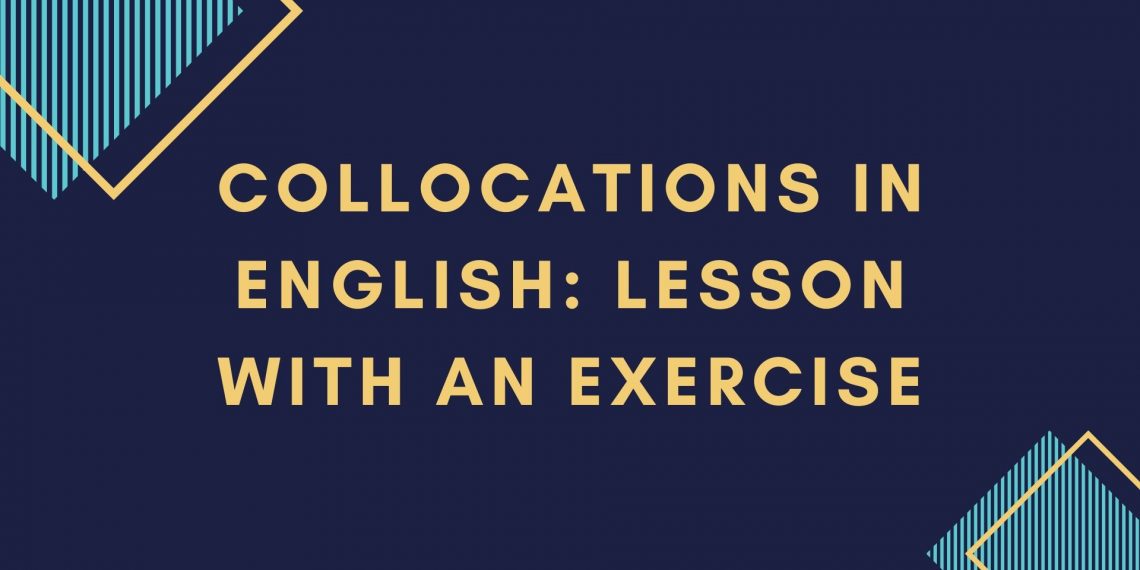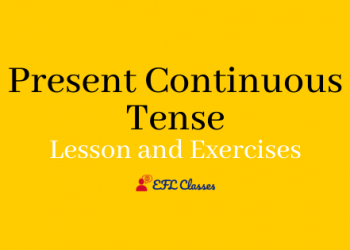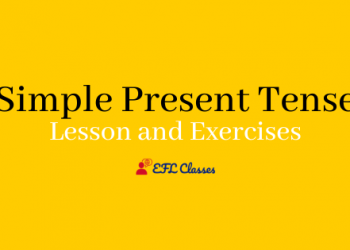Table of Contents
What does a ‘collocation’ mean?
Collocations are two or more words that are often used together in a way that sounds natural and correct.
There are hundreds of collocations in English that are frequently used in both spoken and written English.
In the 2nd year baccalaureate, students are required to master some of these collocations because they may have them in their final national exams.
In this post, I share with you dear students some tips to remember collocations in English as much as possible.
- Remember that collocations in English can be composed with different word categories, for example, you may find collocations in the following word order:
Noun + noun: health care
Verb + adjective: get nervous
Verb + noun: save money
Adjective + noun: sustainable development
- To be able to remember collocations in English, you need to read more. Try to read as many articles as possible in order to acquire them easily.
- Also, one of the best ways to remember any collocations in English you learn is to use it more often whenever you find the context suitable to.
- There are some Android and iOS applications that can help you learn more collocations in English. You may even find them providing their equivalents in different languages like Arabic.
This is a list of some frequent collocations in English:
Civil society
Common good
Common sense
Non-governmental organization
Renewable energies
Fast food
Urban areas
Rural areas
Voluntary work
Artificial intelligence
Social justice
Exercise 1
Fill in the blanks with the right collocation
- Many people in different Arab countries call for ___________________.
- Technology based companies are working hard to develop technological systems with high ___________________ capabilities.
- Political officials should take into account the linking between the ____________________ and the rural ones in order to achieve development.
- Youth can take initiatives in ___________________ to provide help and assistance to the poor communities in the country.
- Parents have to sensitize their children not to eat ________________ as it can create health problems when they grow up.
Exercise 2
Read the passage, find at least three collocations:
The eclipse of “snail mail” in the age of instant electronic communication has been predicted at least as often as the coming of the paperless office. But the consumption of paper keeps rising. (It has roughly doubled since 1980, with less use of newsprint and much more of ordinary office paper.) And so, with some nuances and internal changes, does the flow of material carried by mail. On average, an American household receives twice as many pieces of mail a day as it did in the 1970s. Is the Internet hurting the mails, or helping?” asks Michael J. Critelli, a co-chairman of the public-private Mail Industry Task Force. “It’s doing both.” Mr. Critelli’s day job is chief executive of Pitney Bowes—yes, that Pitney Bowes, once known for its postage meters and now a “mail and document management” company. In the last few years, it has also functioned as a research group for the mail industry, commissioning a series of studies, available free at Postlnsight@PB.com , that contain startling findings about the economic, technological and cultural forces that affect use of mail.
( Source: The New York Times, September 4, 2005)






![ESL Worksheets and Activities for Kids [PDF Book]](https://eflclasses.com/wp-content/uploads/2019/12/ESL-Worksheets-and-Activities-for-Kids-PDF-Book-75x75.jpg)




